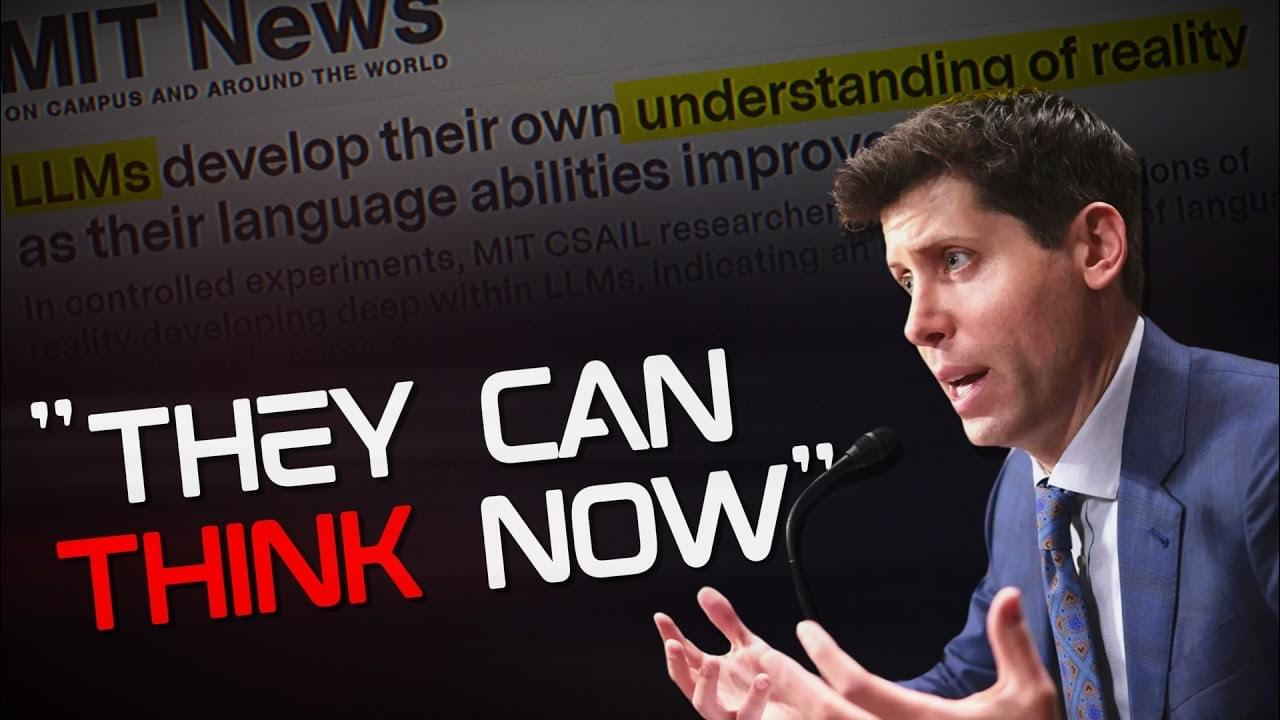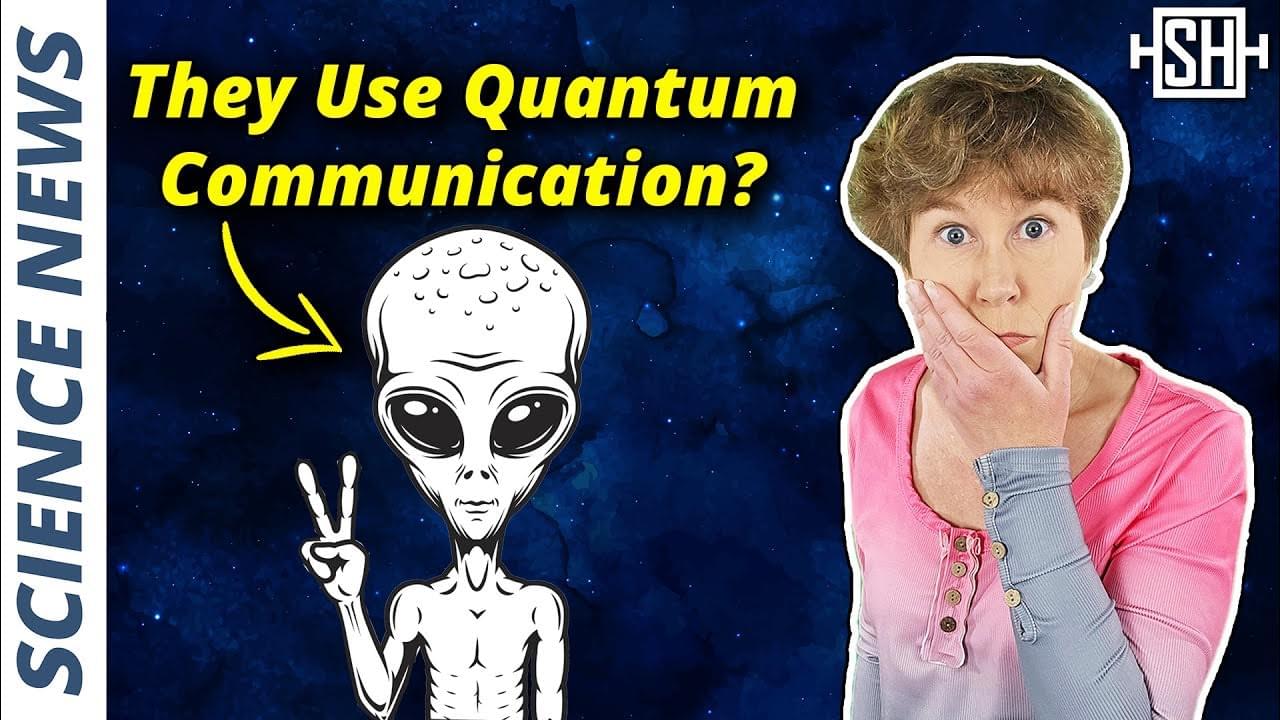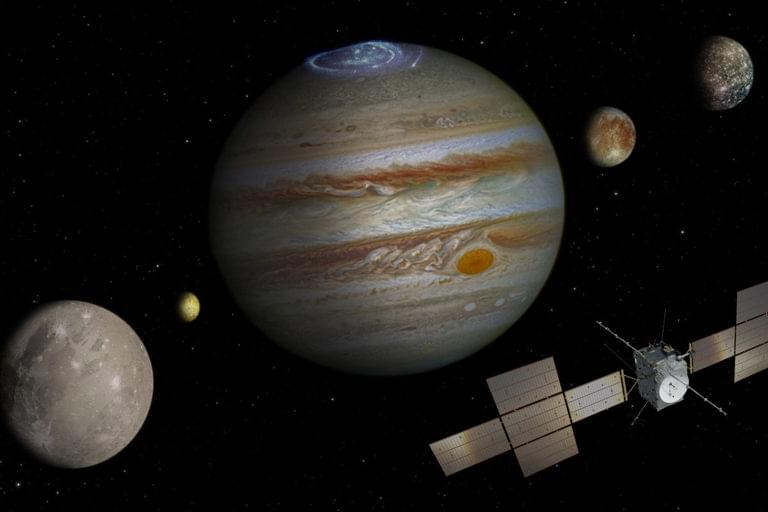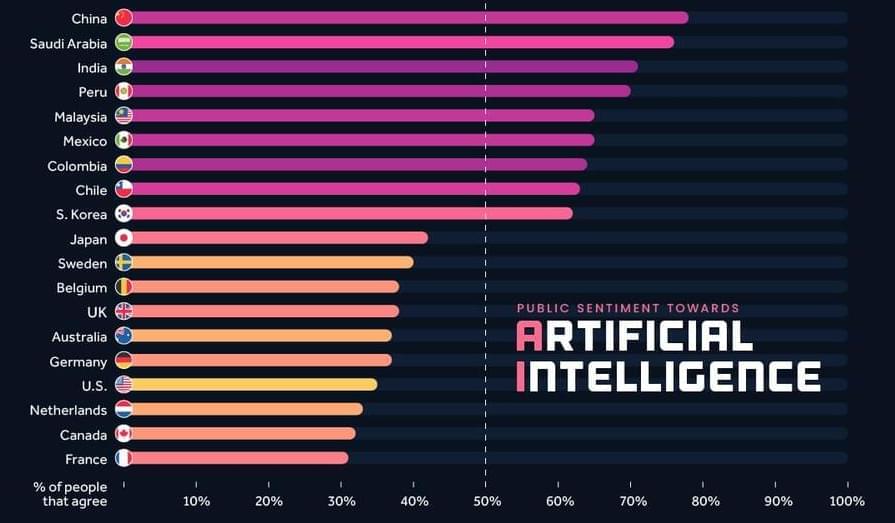Page 6
Aug 18, 2024
2 MINUTES AGO: Scientists Warn: LLMs Are NOW Developing Their Own Understanding of Reality!
Posted by Dan Breeden in category: media & arts

Enjoy the videos and music you love, upload original content, and share it all with friends, family, and the world on YouTube.
Aug 18, 2024
Fermi Paradox Explained by Quantum Communication
Posted by Dan Breeden in categories: alien life, existential risks, open access, quantum physics

Check out my quantum physics course on Brilliant! First 30 days are free and 20% off the annual premium subscription when you use our link ➜ https://brilliant.org/sabine.
The Fermi Paradox is an estimate that says: Given all we currently know about the universe, we should have found extraterrestrial life already. So why haven’t we? In a paper that just appeared two weeks ago, a physicist has now put forward the idea that aliens use quantum communication. How does that solve the Fermi Paradox? I’ve had a look.
Continue reading “Fermi Paradox Explained by Quantum Communication” »
Aug 18, 2024
Anduril is building a factory to manufacture robotic weapon systems
Posted by Raphael Ramos in category: robotics/AI

Anduril Industries is planning to construct a new factory to scale weapons production for the United States defense base. Anduril Industries Co-Founder and Executive Chairman Trae Stephens joins Market Domination Overtime to discuss this initiative.
Stephens explains that the legacy defense industry has traditionally focused on \.
Aug 18, 2024
Researchers Explore the Effects of Stellar Magnetism on potential Habitability of Exoplanets
Posted by Natalie Chan in category: alien life
Interest in Earth-like planets orbiting within the habitable zone of their host stars has surged, driven by the quest to discover life beyond our solar system. But the habitability of such planets, known as exoplanets, is influenced by more than just their distance from the star.
A new study by Rice University’s David Alexander and Anthony Atkinson extends the definition of a habitable zone for planets to include their star’s magnetic field. This factor, well studied in our solar system, can have significant implications for life on other planets, according to the research published in The Astrophysical Journal on July 9.
The presence and strength of a planet’s magnetic field and its interaction with the host star’s magnetic field are pivotal factors in a planet’s ability to support life. An exoplanet needs a strong magnetic field to protect it from stellar activity, and it must orbit far enough from its star to avoid a direct and potentially catastrophic magnetic connection.
Aug 18, 2024
Diet Composition That Corresponds To A 17.6y Younger Biological Age (Blood Test #5 In 2024)
Posted by Mike Lustgarten in categories: biotech/medical, life extension

Join us on Patreon! https://www.patreon.com/MichaelLustgartenPhDDiscount Links/Affiliates: Blood testing (where I get my labs): https://www.ultalabtests.com/…
Aug 18, 2024
Juice spacecraft to pass over Earth in ‘world first’ fly-by
Posted by Genevieve Klien in category: space travel
The mission aims to investigate whether Jupiter’s three moons – Callisto, Europa and Ganymede – can support life in its oceans.
Aug 18, 2024
Scientists Discovered a Secret World Where Particles Turn Chaos Into Order
Posted by Shubham Ghosh Roy in categories: innovation, particle physics
Aug 18, 2024
Comparing Public Sentiment Towards AI, by Country
Posted by Shubham Ghosh Roy in category: robotics/AI
Visualizing Global Attitudes Towards AI 🤖
From the archive:
We visualize survey results from over 19,000 adults across 28 countries to see how attitudes towards AI differ around the world.
Aug 17, 2024
Harvard Scientists Discover Quantum Order in Chemical Chaos
Posted by Shubham Ghosh Roy in categories: chemistry, particle physics, quantum physics
Harvard researchers have shown that quantum coherence can survive chemical reactions at ultracold temperatures. Using advanced techniques, they demonstrated this with 40K87Rb bialkali molecules, suggesting potential applications in quantum information science and broader implications for understanding chemical reactions.
Zoom in on a chemical reaction to the quantum level and you’ll notice that particles behave like waves that can ripple and collide. Scientists have long sought to understand quantum coherence, the ability of particles to maintain phase relationships and exist in multiple states simultaneously; this is akin to all parts of a wave being synchronized. It has been an open question whether quantum coherence can persist through a chemical reaction where bonds dynamically break and form.
Now, for the first time, a team of Harvard scientists has demonstrated the survival of quantum coherence in a chemical reaction involving ultracold molecules. These findings highlight the potential of harnessing chemical reactions for future applications in quantum information science.














